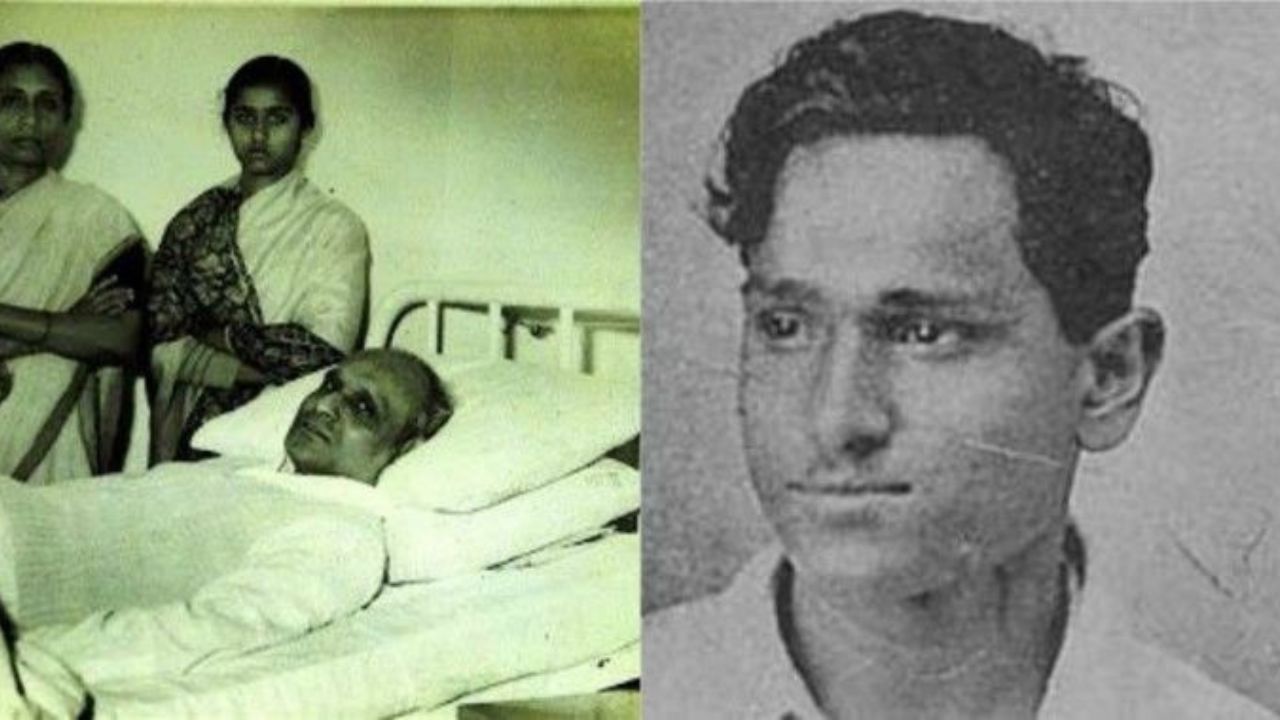Batukeshwar Dutt

Batukeshwar Dutt (1910-1965) was an Indian revolutionary and freedom fighter who is best known for his role in the Central Legislative Assembly bombing of 1929. Along with Bhagat Singh, he carried out this act of protest against British colonial rule to draw attention to the demands of India’s independence movement. Here is an overview of his life and contributions:
- Early Life: Batukeshwar Dutt was born on November 18, 1910, in Oari, Punjab (now in Pakistan). He came from a humble background and was deeply influenced by the freedom struggle from a young age.
- Association with Bhagat Singh: Batukeshwar Dutt became closely associated with Bhagat Singh, another prominent freedom fighter, and both of them were members of the Hindustan Socialist Republican Association (HSRA). They shared a common goal of seeking complete independence for India from British rule.
- Central Legislative Assembly Bombing: On April 8, 1929, Batukeshwar Dutt and Bhagat Singh threw non-lethal smoke bombs in the Central Legislative Assembly in Delhi as an act of protest. They did this to protest against repressive laws and to make a strong political statement. They deliberately chose not to flee the scene and were arrested.
- Trial and Imprisonment: During their trial, Batukeshwar Dutt and Bhagat Singh used the courtroom as a platform to express their anti-colonial views and advocate for India’s independence. They were eventually sentenced to life imprisonment.
- Hunger Strike: While in prison, Batukeshwar Dutt and Bhagat Singh went on a hunger strike to demand better treatment for political prisoners and to protest against the inhumane conditions in jail. Their determination and sacrifice garnered widespread public support.
- Release: Batukeshwar Dutt was eventually released from prison in 1938 due to his deteriorating health. He had spent several years in confinement for his revolutionary activities.
- Post-Independence: After India gained independence in 1947, Batukeshwar Dutt lived a relatively quiet life. He continued to hold socialist and nationalist beliefs but largely stayed away from active politics.
- Death: Batukeshwar Dutt passed away on July 20, 1965, in Delhi, India.
Batukeshwar Dutt’s act of protest in the Central Legislative Assembly, his unwavering commitment to the cause of India’s independence, and his willingness to endure imprisonment and hardship for the nation’s freedom have earned him a place of respect and admiration in India’s history. He is remembered as a brave and selfless freedom fighter who, along with Bhagat Singh, made a significant contribution to the struggle for independence.
Specific Content Keywords : Central Legislative,Assembly,Bombing,Freedom Fighter,Indian National Congress,Revolutionary,Bhagat Singh,Protests Against British Rule,Non-Cooperation Movement,Political Activist,Prisoner,Hunger Strike,Cellular Jail,Lahore Conspiracy Case,Anti-ImperialismPatriot,Hindustan Socialist Republican,Association (HSRA),Jailbreak,Martyr,India’s Independence Struggle,Civil Disobedience,Long-term,Imprisonment,
Related Links

